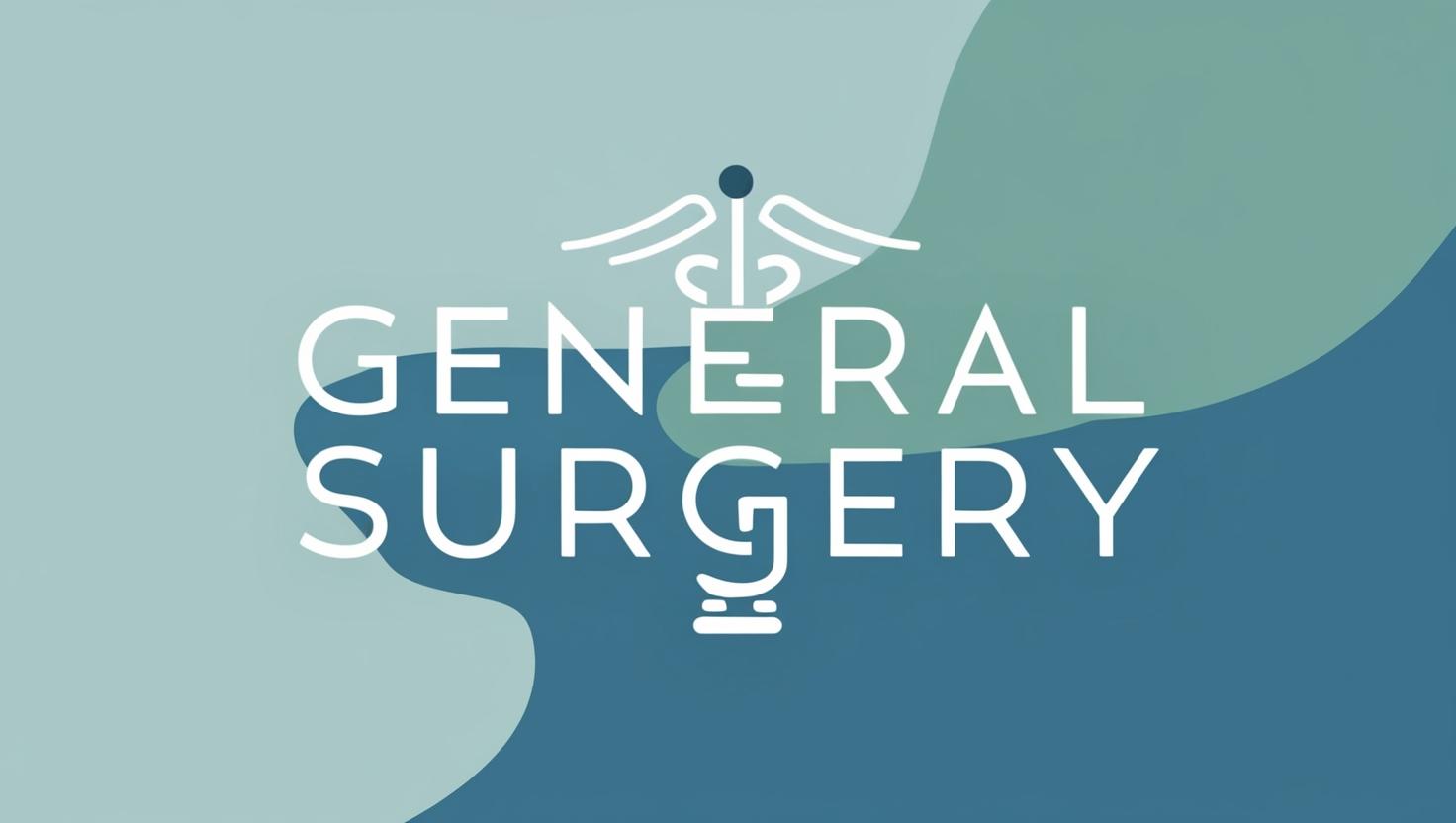Cardiac Stress Test
A cardiac stress test measures how your heart responds to physical exertion, helping doctors evaluate your cardiovascular health and detect potential heart problems that may not be apparent when your heart is at rest.
What is a Cardiac Stress Test?
A stress test, also known as an exercise test or exercise electrocardiogram (ECG), is a cardiovascular examination performed while you exercise on a treadmill or stationary bicycle. The test monitors your heart’s electrical activity, blood pressure, and overall performance when your heart needs to work harder than usual.
By observing how your heart functions under physical stress, doctors can:
- Diagnose coronary artery disease
- Determine the cause of chest pain or shortness of breath
- Evaluate the effectiveness of cardiac treatments
- Assess your overall cardiovascular fitness
- Guide rehabilitation after a heart attack
- Help determine safe levels of exercise
Types of Stress Tests
At BB Global Health, we offer several types of stress tests:
- Standard Exercise Stress Test: Monitors your heart with ECG while you walk on a treadmill or pedal a stationary bicycle
- Nuclear Stress Test: Combines exercise with a radioactive tracer to create images showing blood flow to your heart
- Stress Echocardiogram: Uses ultrasound imaging to visualize heart function before and after exercise
- Pharmacological Stress Test: Uses medication to simulate the effects of exercise for patients who cannot exercise adequately
How is a Stress Test Performed?
During a standard exercise stress test:
- Small electrodes will be attached to your chest to monitor your heart’s electrical activity
- A blood pressure cuff will be placed on your arm
- You’ll begin walking on a treadmill or pedaling a stationary bicycle
- The difficulty level will gradually increase (speed and incline for treadmill or resistance for bicycle)
- Your heart rhythm, blood pressure, and symptoms will be continuously monitored
- The test continues until you reach your target heart rate, develop symptoms, or show ECG changes
- After exercising, you’ll continue to be monitored during a recovery period
- The entire procedure typically takes 30-60 minutes
Who Should Consider a Stress Test?
A cardiac stress test may be recommended if you:
- Experience chest pain or shortness of breath during physical activity
- Have known heart disease and need evaluation
- Are over 40 and planning to start a rigorous exercise program
- Have multiple risk factors for heart disease
- Have had a previous heart attack or procedure
- Have an irregular heartbeat (arrhythmia)
- Need to evaluate the effectiveness of heart medications or procedures
Preparation for Your Stress Test
- Wear comfortable clothes and walking/running shoes
- Do not eat, smoke, or drink caffeinated beverages for 3 hours before the test
- Continue taking your medications unless your doctor instructs otherwise
- Bring a list of your current medications
- Avoid alcohol for 24 hours prior to the test
- Get a good night’s sleep before your appointment
Benefits of Stress Testing
- Non-invasive: Can detect heart problems without invasive procedures
- Comprehensive: Provides information about heart function, blood pressure response, and exercise capacity
- Practical: Evaluates heart performance during activities similar to daily life
- Risk Stratification: Helps determine your risk for future cardiac events
- Treatment Guidance: Assists in developing appropriate treatment plans
At BB Global Health, our cardiology team uses the latest stress testing technology and protocols to ensure accurate results. Our experienced cardiologists carefully interpret your test results to provide the most appropriate recommendations for your heart health.
For more information or to schedule a cardiac stress test, please contact us.





